IS KRATOM LEGAL?
Introduction
Kratom, a tropical evergreen tree native to Southeast Asia, is something that has stirred up some considerable opinions due its positive benefits (and potential side effects stemming from use). Holding a long history in traditional medicine, it is used for various health-related purposes like pain relief, mood enhancement, and withdrawal management from opioids. It has also gained popularity for its recreational uses.
The controversial nature of kratom has given rise to a heated debate about its legal status, especially in the United States, where its legality can differ hugely across state borders. To understand this issue better, we need to delve into an exploration of kratom’s background and the arguments surrounding its regulation.
WHAT IS KRATOM?
The Basics and Traditional Uses
Kratom, scientifically known as Mitragyna Speciosa, is derived from a tropical tree native to Southeast Asia. The leaves of this tree have been used for centuries in traditional medicine due to their medicinal and healing properties.
These leaves, when crushed, are often consumed as tea or in capsules. It’s also common to see them in powder form, which can be mixed with food or drink. Some cultures in places like Indonesia, Thailand, and Malaysia use kratom to help with various health conditions, including pain management, diarrhea, and opioid addiction.
Effects of Kratom
When consumed, kratom acts as a stimulant at low doses, offering increased energy and alertness. When used in higher doses though, it can have sedative effects, which can produce a euphoric state similar to opioids.
These effects have led to the herb’s recreational use in Western countries, where it is often abused for its mood-enhancing properties. However, its safety profile is still subject to ongoing research, as there have been reports of side effects associated with prolonged use, such as dependency and withdrawal symptoms when usage is abruptly stopped.
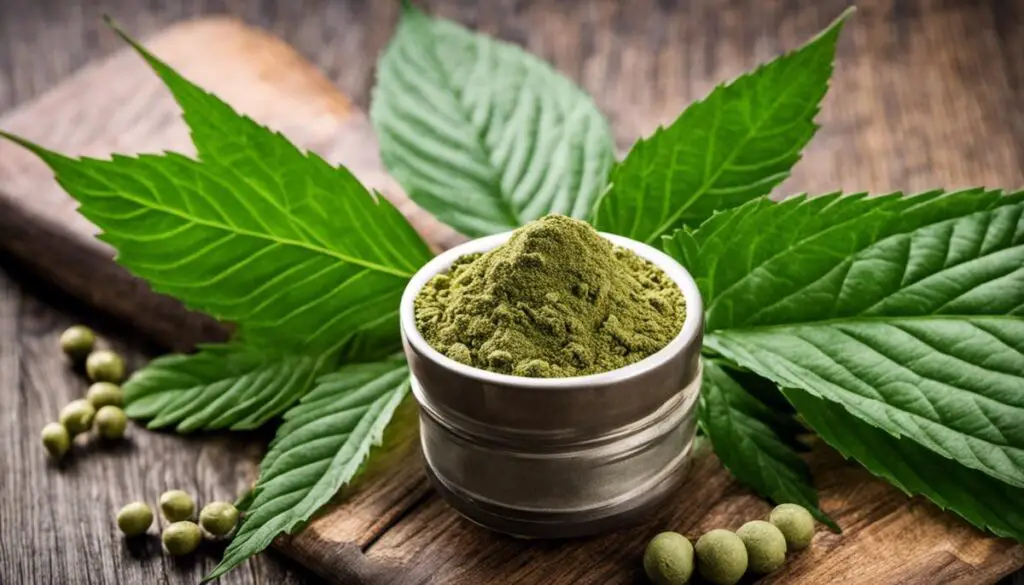
IS KRATOM LEGAL?
Despite being flagged as a substance of concern by the Drug Enforcement Agency (DEA), kratom is yet to be categorized as a controlled substance. This translates to the fact that it is generally legal to buy, trade, and own kratom across the United States, however, it still remains a bit complicated as different policies and restrictions will vary from state to state.
At present, Alabama, Arkansas, Indiana, Rhode Island, Vermont, and Wisconsin have complete bans in place against the purchase, sale, or usage of kratom, as of the year 2020. Meanwhile, certain other states have placed age limits on its use, and some are in the process of introducing legislation regarding kratom’s control.
In contrast, many states in the US entirely permit kratom and have no imposed restrictions. Furthermore, it’s important for potential users to know that while kratom may be legal in their state, the Food and Drug Administration (FDA) has not approved it, therefore it is not regulated.
Given the fluctuating legal status of the leaf across the nation and the ongoing debates about its safety, users are urged to familiarize themselves with their specific local laws before they decide to incorporate kratom into their lifestyle.
YOU MAY ALSO WANT TO READ: DOES KRATOM VIOLATE MY PROBATION?

The Federal Standpoint on Kratom
Note that the Food and Drug Administration (FDA) has issued consumer warnings about the use of kratom owing to the potential health dangers associated with it, potentially leading to severe circumstances like death.
Even though it is not explicitly illegal, no products incorporating kratom have obtained FDA’s clearance for medicinal applications. The federal position, being a cautious approach rather than an outright ban, leaves room for states to enact their own individualized kratom laws.
State Variations
Certain states have differing laws regarding the use and possession of kratom. States such as Alabama, Arkansas, Indiana, Rhode Island, Vermont, and Wisconsin have banned the substance altogether. Conversely, in states like New York and North Carolina, kratom is completely legal without restrictions.
There are also states where the legal status of kratom varies by county or city. For instance, in Florida, kratom is legal except for Sarasota County. In Denver, kratom is legal for purchase but cannot be sold for human consumption. Therefore, it’s essential for citizens to stay up-to-date on their specific regional laws regarding kratom.
YOU MAY ALSO WANT TO READ: WHAT STATES ARE BEST FOR A CONVICTED FELON?
Staying Current with Kratom Legislation Changes
The legality of kratom is not fixed and can change rapidly due to ongoing lobbying from advocacy groups aiming for either its imposition or repeal. A prime example of this dynamic situation was the rejected 2016 DEA ban on Kratom, spurred by a significant public backlash. Given these constant shifts, staying abreast of both state and federal regulations is absolutely essential.

Controversies Surrounding Kratom Regulation
The subject of kratom regulation is complex, largely due to contrasting viewpoints on the matter. For one, proponents of stricter rules often cite the risk of misuse and dependency that comes with kratom use.
The US Drug Enforcement Administration (DEA) once proposed classifying kratom as a Schedule I substance, a category reserved for dangerous drugs like heroin, LSD, and ecstasy. This suggested move was based on several reported incidents of deaths and poisonings linked to kratom, giving rise to serious health concerns.
Conversely, those in favor of kratom argue that it offers critical health benefits. Reports from users who credit kratom for managing conditions such as chronic pain, depression, anxiety, and opiate withdrawal symptoms present a compelling argument against regulation.
They worry that labeling kratom as a Schedule I substance can lead to negative perceptions, hinder medical research, hinder access for those who depend on it medically, and possibly lead to a spike in illegal trade and misuse.
Kratom: A User’s Perspective
For users of kratom, a Southeast Asian plant known for its medicinal properties, the current legal status, or potential changes thereof, greatly affects their lives. If it were to become a regulated substance, access could be curtailed – particularly for those who depend on it for therapy, which could result in health implications.
Furthermore, criminal charges for its possession, use or distribution could become a harsh reality, impacting especially those from economically disadvantaged backgrounds. Conversely, the introduction of regulations could enforce stricter quality assurance measures, leading to a purer product for consumption.
This forms a careful balancing act between safeguarding public health, preserving individual freedom and providing access to alternative medicinal solutions. As scientific research continues to explore the potential risks and benefits of kratom, the legal debate promises to persist.
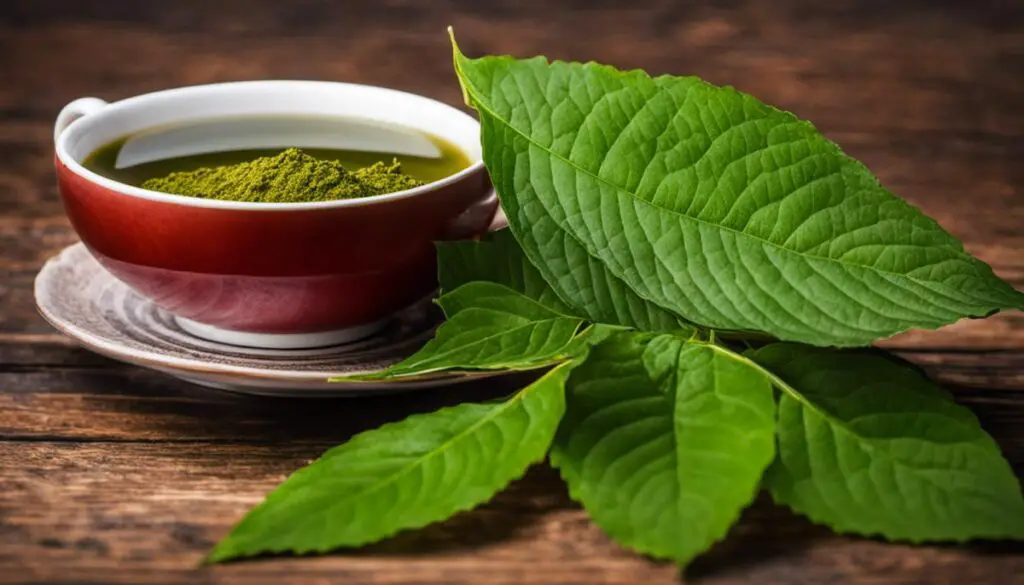
Comparisons with Similar substances
Contrasting Kratom with Other Substances
Being a focal point of legal deliberation in various countries, kratom is frequently equated to substances like cannabis and opiates, regarding both their supposed effects and legal aspects. From a legal aspect, kratom poses an interesting case.
For instance, in the U.S., while federal institutions view it with caution, many states allow it, similar to cannabis. It’s noteworthy, however, that despite its legal status in some states for both medicinal and recreational usage, cannabis is still federally considered a Schedule I drug, defined as having a high potential for abuse and no accepted medical usage. The legal statues of kratom too lack uniformity, with regulations varying from state to state.
Medically, both opiates and kratom are considered possible solutions for chronic pain relief and in managing opioid withdrawal symptoms. Yet, acceptance within medical circles greatly differs. Opiates have had a long-standing position within traditional medicine, governed by strict regulations to minimize abuse and misuse. Kratom, on the other hand, lacks the approval of the Food and Drug Administration (FDA), owing to insufficient research surrounding its safety and effectiveness.
Interestingly, societal responses towards these substances vary as well. While many have grown accepting of cannabis, given the increasing number of dispensaries and a broader acceptance of medicinal marijuana programs, comprehension surrounding kratom remains limited.
Public dialogue explores the benefits and potential hazards these substances pose. Some consider kratom a safe, natural alternative to traditional pharmaceuticals while others caution about its abuse and dependency, reminiscent of the warnings around opiates.
Conclusion
While the legal status of kratom shares a resemblance with other substances such as cannabis and opiates, there are significant differences stemming from societal approval, medical recognition, and legal regulations.
With continuous evolutions in public perspective and legislation, developing a comprehensive understanding of kratom and similar substances remains important.
While drawing comparisons to similar substances can provide a valuable perspective, it is paramount to remember that each substance, including kratom, carries a unique set of potential benefits and risks and is therefore subject to unique legal and societal considerations.
There is no doubt that the debate on the legal status of kratom is multi-faceted and is continually evolving. Ultimately, the balance between ensuring public safety and preserving individual freedoms forms the crux of the matter. Keeping abreast with the latest legislation and engaging in informed discussions can help us as a society navigate the complexities of this issue more effectively.
-The Educated Felon

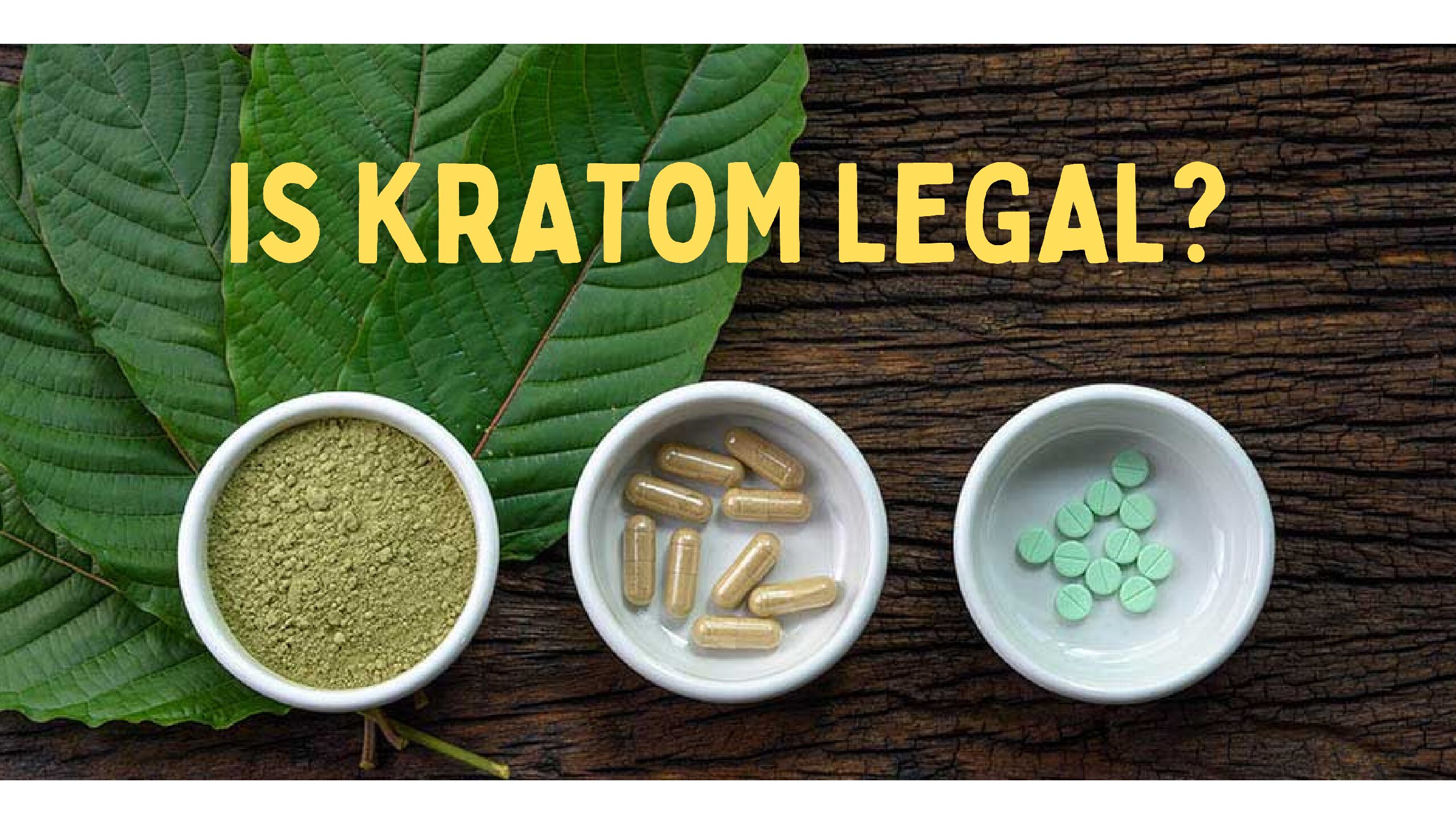
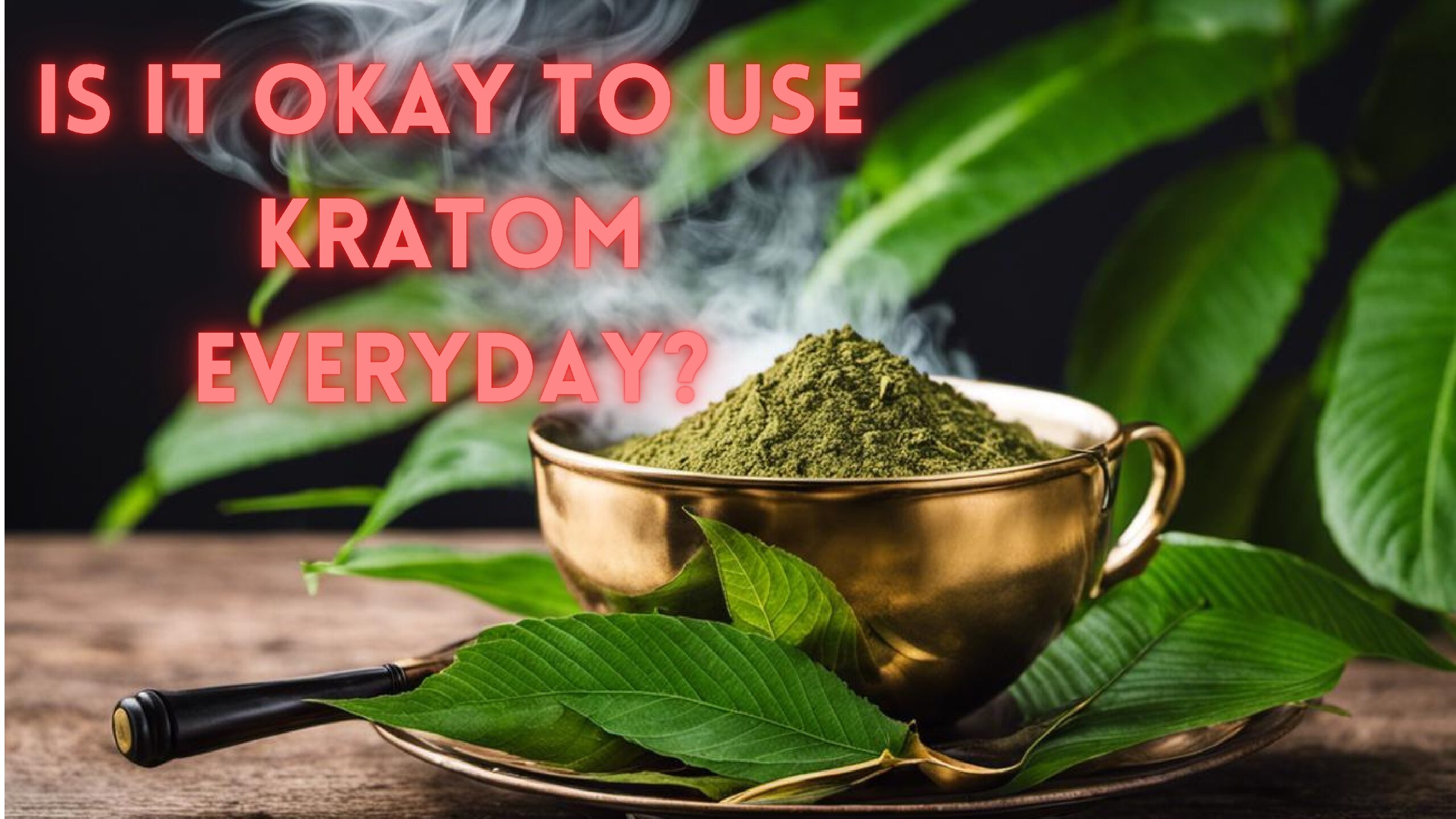


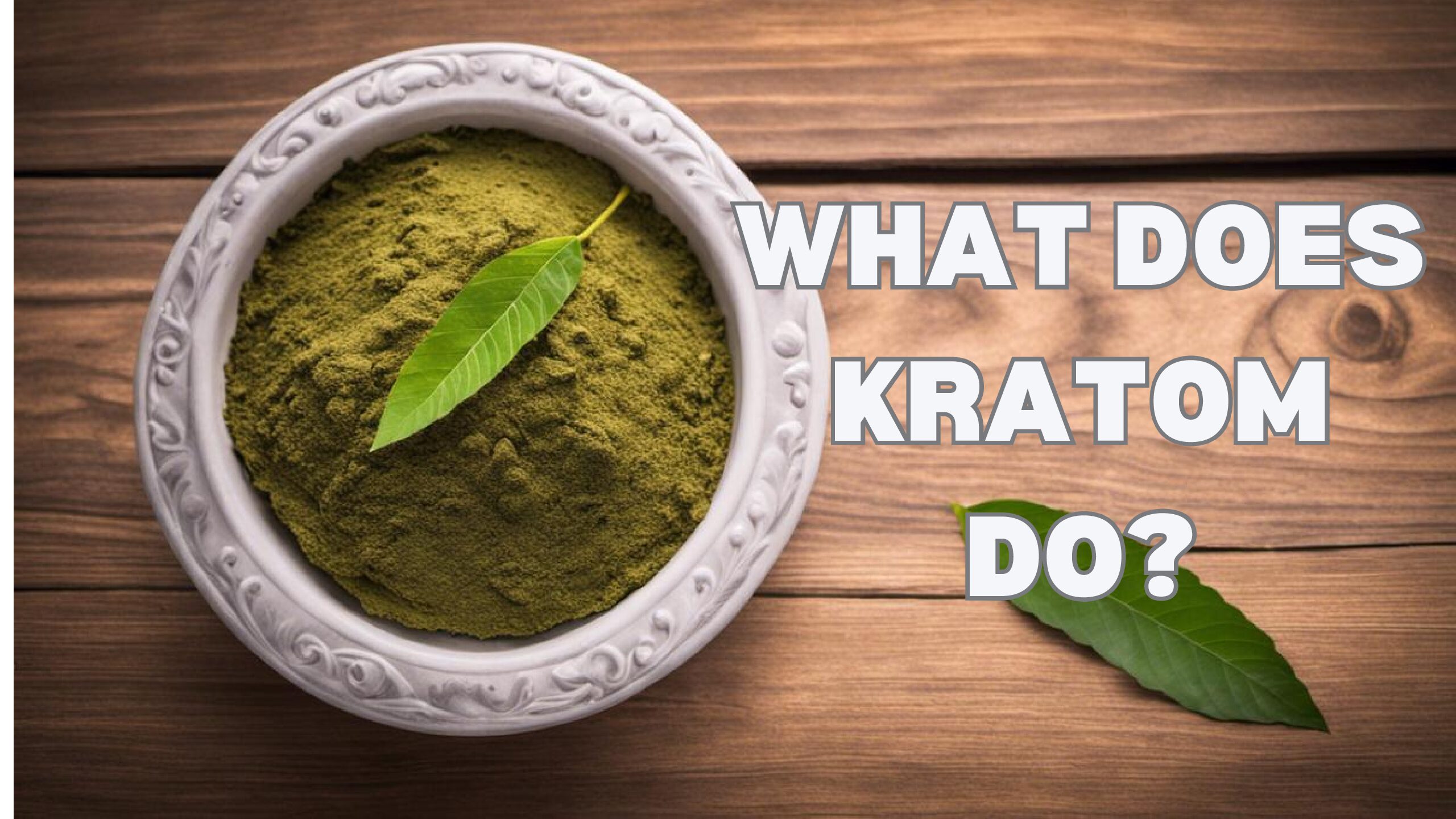


4 Comments